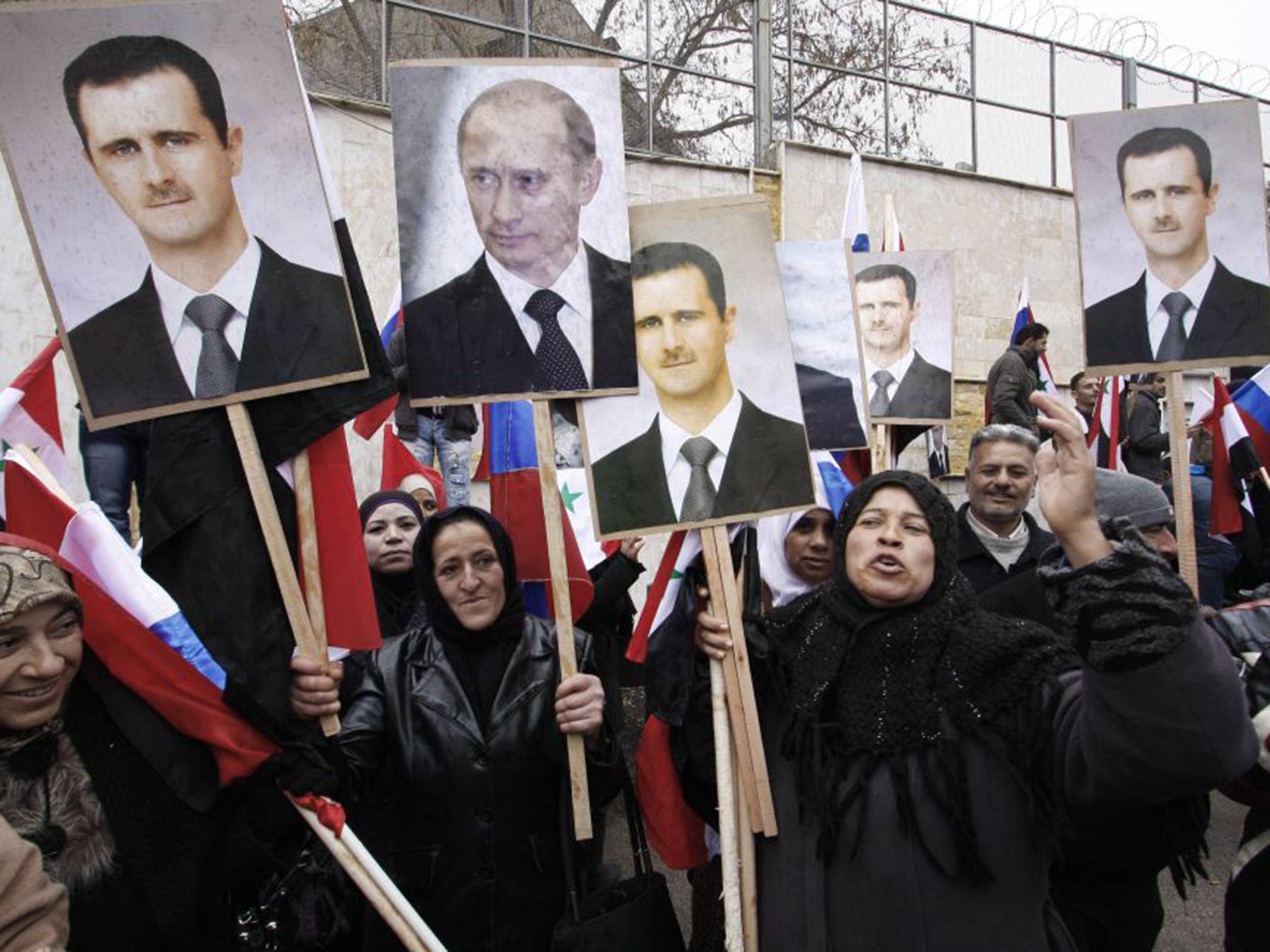Syria crisis: David Cameron says Assad is a 'recruiting sergeant for Isis' - but won't call for him to stand down
The Prime Minister will address the UN in New York in a bid to revitalise the Syrian peace process, and raises the possibility of a grand, anti-Isis coalition

Your support helps us to tell the story
From reproductive rights to climate change to Big Tech, The Independent is on the ground when the story is developing. Whether it's investigating the financials of Elon Musk's pro-Trump PAC or producing our latest documentary, 'The A Word', which shines a light on the American women fighting for reproductive rights, we know how important it is to parse out the facts from the messaging.
At such a critical moment in US history, we need reporters on the ground. Your donation allows us to keep sending journalists to speak to both sides of the story.
The Independent is trusted by Americans across the entire political spectrum. And unlike many other quality news outlets, we choose not to lock Americans out of our reporting and analysis with paywalls. We believe quality journalism should be available to everyone, paid for by those who can afford it.
Your support makes all the difference.David Cameron will remain open to the possibility of Bashar al-Assad remaining President of Syria in the short term when he goes to New York to address the UN on Sunday.
In an extraordinary U-turn since pushing for air strikes against the Assad regime in 2013, the Prime Minister is reportedly willing to side-line the issue of regime change in order to keep alive the prospect of a grand coalition to defeat Isis.
Speaking to reporters during his flight to New York, Mr Cameron told Sky News he believed Assad should face criminal charges at the end of the conflict.
"He has butchered his own people," he said. "He has helped create this conflict and this migration crisis. He is one of the great recruiting sergeants for Isis."
But the Prime Minister has refused to call for Assad to stand down immediately, and said: "He can't play a part in the future of Syria and that position hasn't changed. Obviously conversations about how we bring about that transition are very important and that's what we need to see a greater emphasis on."
An alliance involving all of the West, Russia and powers in the region could turn the tide in the military campaign against the so-called “Islamic State” militant group – but Vladimir Putin has made it clear he will back Assad against any international intervention.
Speaking earlier as Mr Cameron prepared to fly out to the US, a senior government source told reporters that the Prime Minister still saw a change of leadership as the desired “endgame” in Syria.
But leaving the window open for Assad to remain in power for the foreseeable future, the official said: “There has always been the idea that there will be a political transition and there are differing views between members of the international community ... on what the steps are in the process.
While Mr Putin is expected to meet President Barack Obama on the side-lines of the UN summit, there are believed to be no plans for a similar meeting between Mr Putin and Mr Cameron.
The US has already suggested it could give way to Russia on the issue of Assad, with Secretary of State John Kerry saying that the timing of regime change was up for negotiation. He has said: “It doesn’t have to be on day one or month one. There is a process by which all the parties have to come together and reach an understanding of how this can best be achieved.”
German Chancellor Angela Merkel also said last week it was necessary to speak to "many actors, among them Assad".
German government officials, however, denied Merkel was backing the positions of Spain or Austria, who see Assad as possibly playing a role in an interim solution for Syria that would involve joining with international military forces to defeat Isis.
The British official said that Mr Cameron believed global outcry over the refugee crisis could provide impetus for a new push to end the fighting.
“Events over the last few months have shifted the dynamic and added to the urgency of finding a political solution. We want to seize that opportunity to inject some momentum into the process,” the official said.
Join our commenting forum
Join thought-provoking conversations, follow other Independent readers and see their replies
Comments